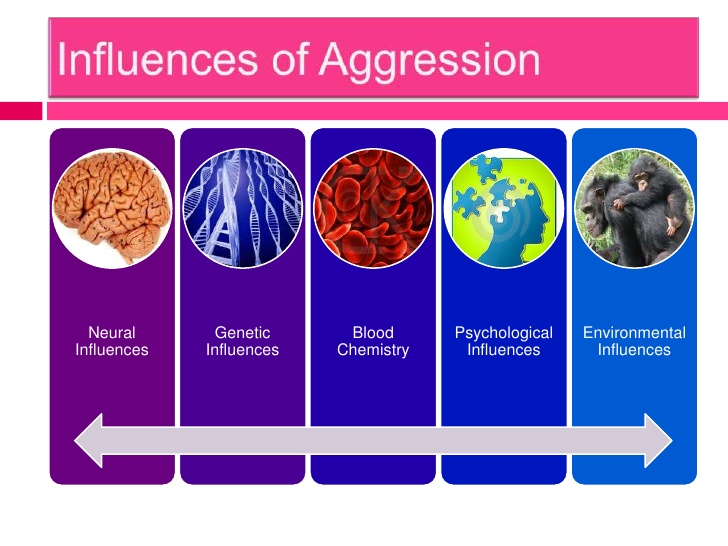Dalia Savy
Sumi Vora
Haseung Jun
AP Psychology 🧠
334 resourcesSee Units
Altruism
Altruism is the unselfish concern for the welfare of others. We are more likely to feel and act altruistic toward a person if:
- 🥺They seem to need or deserve help
- They are in some way similar to us
- 👩They are a woman
- We have just observed someone else being helpful
- 🕒We are not in a hurry
- 🚜We are in a small town or rural area
- We are not preoccupied
- We are feeling guilty
- 😊We are in a good mood
Due to the bystander effect, when people share responsibility, they are less likely to help (diffusion of responsibility).
Social exchange theory says that our social behavior is based on weighing the costs and benefits of our actions. However, the reciprocity norm and the social responsibility norm lead us to be altruistic even if it doesn’t benefit us.
- The reciprocity norm is our expectation that people will help us if we help them 🤝 If someone has helped us in the past, we are more likely to be altruistic toward them.
- The social responsibility norm says that we should help those needing our help even if the costs outweigh the benefits.
- This especially holds true if they are a woman or a child, since our brains are programmed to feel more empathetic toward them. The social responsibility norm is the reason that people who attend religious services tend to be more altruistic—they feel more connected to the society and thus more responsible for it 🤗
Aggression
Aggression is any act of delivering aversive actions towards unwilling victims. There are two types of aggression: instrumental aggression and hostile aggression. Instrumental aggression has the purpose of satisfying a goal or benefit. You can think of it as a mother fighting her way through a crowd to buy her child the toy that's almost sold out. Hostile aggression, on the other hand, is when someone feels anger or frustration. "Road rage" is a good example of this.
So why do we do we get aggressive? Well, Freud thought aggression was a natural human instinct. Other theorists believed culture had a strong influence.
🧬 Biological Bases of Aggression
- Genetics
- Our genetics can dictate how aggressive we are. In males, the Y-chromosome directs aggressive behavior, which is one reason why men tend to be more aggressive.
- Outside Influences
- If a head injury enables a neural system that facilitates aggression, we would become more aggressive. This happened with Phineas Gage.
- Biochemical Influences
- Male hormones like testosterone also direct aggressive impulses.
- Alcohol 🍷 can also cause us to act out aggressively, since it triggers increased stimulation in the amygdala and decreases frontal lobe activity.
🧠Psychological and Social Influences on Aggression
Aversive Events
Experiencing aversive events can cause us to act out aggressively. The frustration-aggression principle states that feeling frustrated or feeling as if someone has wronged you creates anger, which triggers aggressive impulses.
Hot temperatures 🌡️, physical pain, personal insults, foul odors 🤢, cigarette smoke, crowding, etc. can provoke aggressive impulses. That’s why when you notice someone acting “on-edge,” you instinctively try not to frustrate or upset them so as not to trigger their aggression.
Frustration --> Anger --> Aggression
If our experience teaches us that aggression is beneficial, we are more likely to be aggressive in the future. If parents give into temper tantrums, for example, we learn that we can use temper tantrums to get what we want 😎
Modeling
What we see also impacts how aggressive we are. If our parents model violence, we are more likely to be violent as well when we are upset. Social scripts are culturally modeled guides for how to act in certain situations.
Video games 🎮 and violent TV shows 📺 are shown to make kids more violent if kids play them repeatedly, because these games teach us how to act when we encounter frustrating situations in real life.
Whatever you watch is what you become. It's a psychologically proven concept.
Do video games lead to violence?
Yes yes yes!! Because of priming, social scripts, and modeling (which you've learned in previous chapters), video games could really lead to an increase in violence in children.
While playing video games, a child or adult is on high alert as their game is hostile and they have to be hostile back. This, then, leads them to see the real world as hostile unconsciously.
This doesn't mean video games are bad! There are some positive effects too (if you're curious . . . faster reaction times, enhanced visual skills, increased sense of control).

Image Courtesy of Jeel Christine de Egurrola.
🎥Watch: AP Psychology—Bystanders, Groups, and Deindividuation
Browse Study Guides By Unit
🔎Unit 1 – Scientific Foundations of Psychology
🧠Unit 2 – Biological Basis of Behavior
👀Unit 3 – Sensation & Perception
📚Unit 4 – Learning
🤔Unit 5 – Cognitive Psychology
👶🏽Unit 6 – Developmental Psychology
🤪Unit 7 – Motivation, Emotion, & Personality
🛋Unit 8 – Clinical Psychology
👫Unit 9 – Social Psychology
✏️Frequently Asked Questions
🧐Multiple Choice Questions (MCQ)
✍️Free Response Questions (FRQ)
📆Big Reviews: Finals & Exam Prep

Fiveable
Resources
© 2023 Fiveable Inc. All rights reserved.